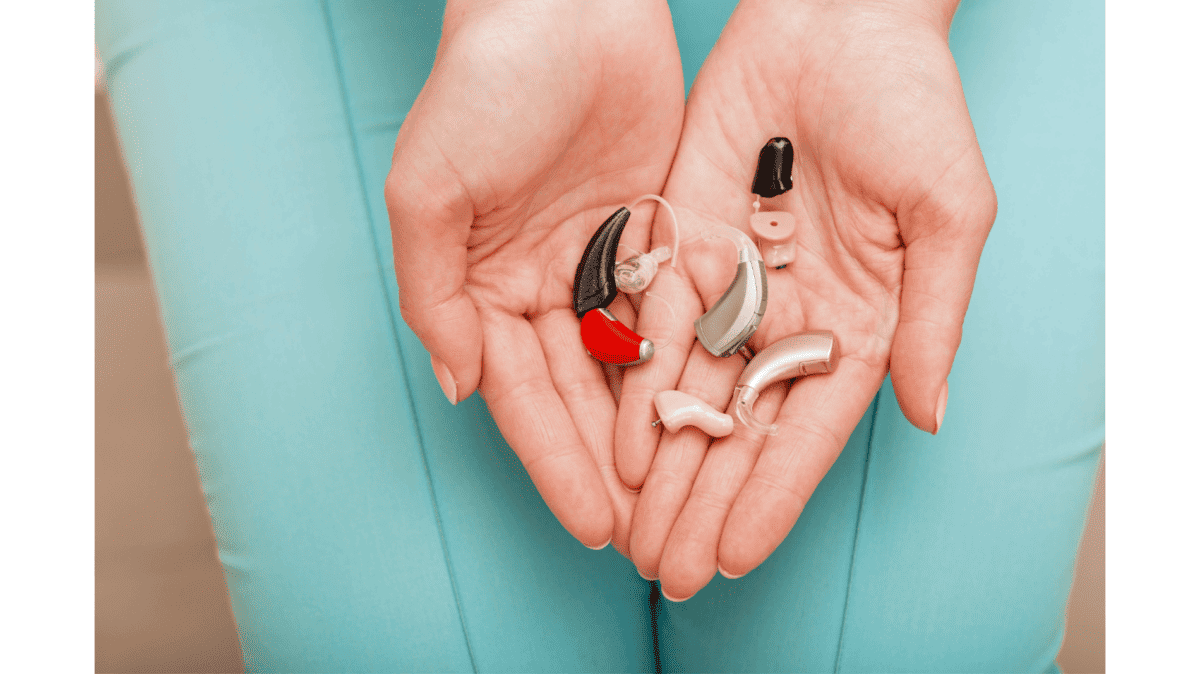- The Connection Between Hearing Loss and Dementia - July 30, 2024
- The Advantages of Rechargeable Hearing Aids - July 16, 2024
- How to Enjoy Music Festivals While Protecting Your Hearing - July 3, 2024
Hearing aids are more than just devices; they are your ticket to a world filled with vibrant sounds and meaningful connections. If you’re a proud hearing aid user or considering joining this community, you might wonder how long your hearing aids will last.
Typical Lifespan of Hearing Aids
The lifespan of hearing aids can vary depending on factors such as the quality of the device, maintenance, and technological advancements. High-quality hearing aids from reputable manufacturers often come with robust designs that withstand daily wear and tear.
On average, hearing aids can last anywhere from 3 to 7 years. However, this is a general estimate, and individual experiences may vary. Some users may find their devices lasting longer with proper care, while others may need to upgrade sooner due to changes in hearing needs or advances in technology.
Technology Advances
The rapid pace of technological advancements may tempt some users to upgrade sooner rather than later. Newer models often come with enhanced features, improved performance, and compatibility with the latest audio technologies.
Changes in Hearing Needs
As hearing needs evolve, individuals may require adjustments or upgrades to their hearing aids. Consulting with a hearing health specialist can help determine if your current devices still meet your hearing requirements.
Maintenance and Care
Proper maintenance is key to extending the life of your hearing aids. Regular cleaning, keeping them dry, and handling them with care can prevent issues and ensure optimal performance.
Environmental Factors
The environment in which you use your hearing aids can influence their longevity. Exposure to moisture, extreme temperatures, or dust can impact their functionality. Storing them in a protective case when not in use is a simple yet effective measure.
Tips for Maximizing Hearing Aid Lifespan
There are a few things to remember to make the most of your hearing aids. With a few simple steps, you can extend the life of your devices:
- Regular Cleaning: Clean your hearing aids daily to remove earwax, debris, and moisture. Use a soft, dry cloth or a specialized cleaning tool recommended by your hearing health specialist.
- Protect from Moisture: Moisture is a common enemy of hearing aids. Consider investing in a dehumidifier or drying kit to thoroughly dry your devices overnight.
- Handle with Care: When inserting or removing your hearing aids, do so over a soft surface, such as a bed or a table covered with a cloth. This minimizes the risk of damage from accidental drops.
- Schedule Check-ups: Regular check-ups with your hearing health specialist are essential for monitoring the condition of your hearing aids and making any necessary adjustments. These appointments also provide an opportunity to discuss potential upgrades. During checkups, we’ll also do a thorough cleaning to keep your devices in top condition.
- Battery Care: If your hearing aids use disposable batteries, store them in a cool, dry place and replace them when needed. For rechargeable models, follow the manufacturer’s guidelines for proper charging.
Upgrading Your Hearing Experience
If your hearing aids are nearing the end of their lifespan, you may be thinking about upgrading. Each year hearing aid manufacturers release new devices with advanced programs and settings to help you make the most of your devices.
While the decision to upgrade your hearing aids ultimately depends on your individual needs and preferences, it’s worth exploring newer models to benefit from the latest technological advancements. Features like Bluetooth connectivity, noise reduction, and improved speech recognition can enhance your overall hearing experience.
Consult With Your Hearing Health Specialist
Your hearing health specialist is your partner in hearing health. Discuss any concerns or changes in your hearing needs during your regular appointments. We can guide you on when it might be the right time to consider upgrading your hearing aids.
Do You Need New Devices?
Various factors influence the lifespan of hearing aids. By adopting good maintenance practices, seeking prompt professional assistance when needed, and staying attuned to changes in your hearing needs, you use your hearing aids for years to come.
Whether you’re a longtime hearing aid user or embarking on this transformative experience, we’re here to help you make the most of your devices.

